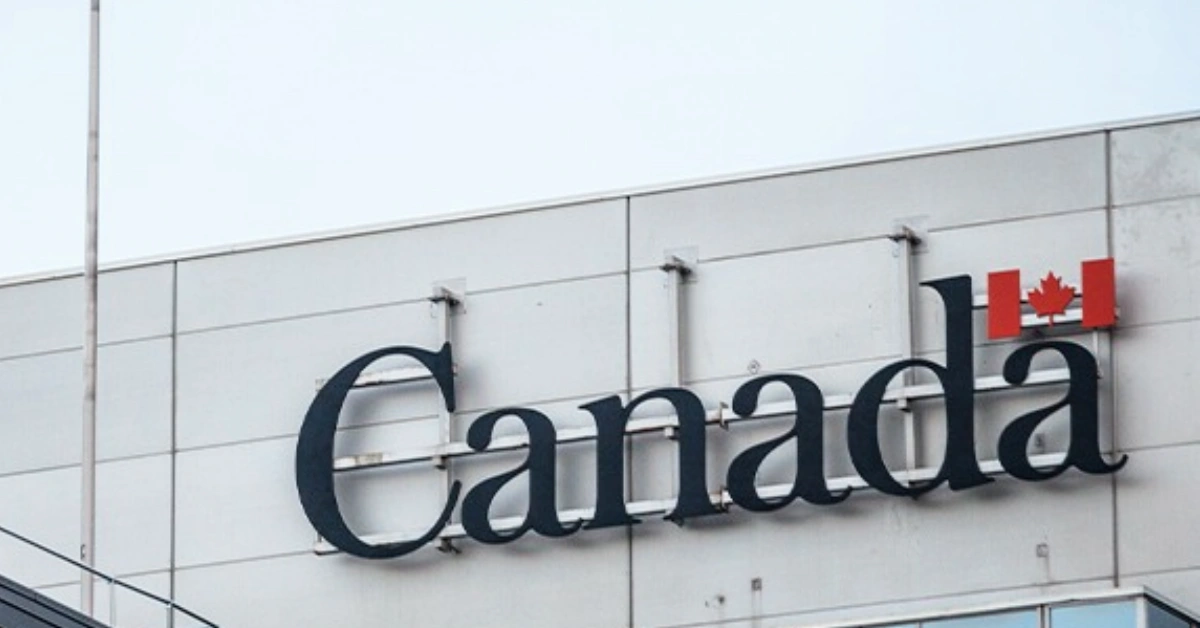A recent internal review at Immigration, Refugees and Citizenship Canada (IRCC) has found that twelve employees attempted to improperly influence immigration application files—a serious breach of policy and public trust. This revelation adds to growing concerns about IRCC employees misconduct, following earlier reports of corruption and misuse of authority.
Table of Contents
Reported IRCC Employees Misconduct
IRCC’s own records, reviewed in parliamentary testimony, reveal 27 reports of employee corruption or bribery since 2016. Five were fully investigated—of which three were substantiated. This latest report focuses on twelve staff who “tried to interfere” with processing of immigration files, potentially affecting applicant outcomes.
CEC Draw Canada 2025: IRCC Issues 3,000 ITAs in Latest Express Entry Round
IRCC’s Response
In Parliament, IRCC officials acknowledged these incidents and detailed the robust controls in place, including:
- Mandatory reliability checks
- Task rotation to prevent undue influence
- Regular quality audits and digital oversight
- Disciplinary measures ranging from reprimands to termination
However, the findings suggest gaps in enforcement and supervisory oversight.
Canada Introduces 2025 Border Bill to Enhance Immigration Controls and Tackle Crime
Why This Matters
- Public trust is at risk. When immigration officers act improperly, it undermines the integrity of Canada’s immigration system.
- Fairness and transparency for applicants are essential, as IRCC decisions influence individuals’ lives and livelihoods.
What Comes Next
- IRCC has committed to investigate each case and apply appropriate disciplinary action.
- A promised Employment Systems Review aims to identify cultural and systemic shortcomings and enhance accountability.
- Parliament and IRCC will continue monitoring, with possible new policies or training to strengthen ethical standards.
Final Thoughts
The discovery that a dozen IRCC employees misconduct attempted to improperly manipulate immigration files highlights concerning weaknesses within IRCC’s oversight framework. While the department insists on strict protocols and consequences, these incidents may erode public confidence unless swift reforms follow. As Canada continues admitting immigrants, ensuring a transparent and corruption-free system remains vital.

